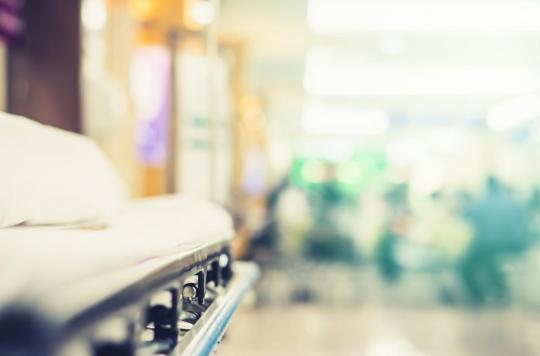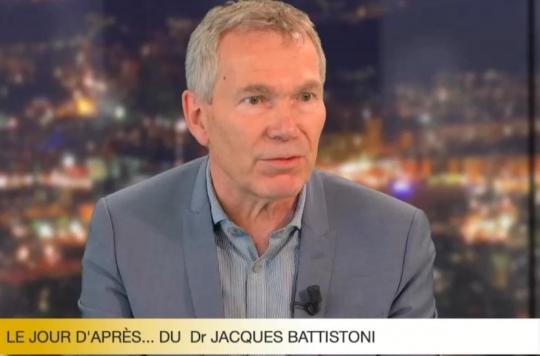The 2021 Social Security financing bill (PLFSS), presented to the National Assembly on Tuesday, provides for the end of the co-payment and the introduction of a flat rate for all emergency visits that do not result in a hospitalization. This measure should serve to unclog emergency rooms with unnecessary consultations.

- The 2021 Social Security financing bill proposes replacing the co-payment with an emergency patient package (FPU).
- The FPU exempts people hospitalized after coming to the emergency room from any financial contribution; the others should pay a fixed amount which should be defined by decree.
- People currently benefiting from an exemption from co-payments would benefit from a reduced FPU.
Unclog emergencies, without deterring the French from going there. Faced with this equation, the Ministers of Health, Olivier Véran, and Public Accounts, Olivier Dusspot, presented the 2021 Social Security financing bill (PLFSS) which includes a proposal: replacing the current user fee by an “emergency patient package” (FPU). Currently, the moderating ticket paid by users represents 20% of the cost of care – the remaining 80% being borne by Social Security. There, if this bill is adopted as it stands, Social Security would settle the entire bill on the sole condition that the patient’s arrival in the emergency room results in hospitalization.
A different kind of financial bet for patients is taking shape. Those whose consultation in the emergency room does not lead to hospitalization will have to pay this FPU. This direct financial contribution will be uniformly applied to all non-hospitalized patients, and its amount – for the moment unknown – will be fixed by decree. “The implementation of such a flat rate will make it possible, for the patient, to limit situations of very high out-of-pocket costs and to improve the clarity of the costs of care and, for the establishments, to simplify invoicing and improve collection”, provides a press release from the ministries. The only exception is patients currently on a co-payment waiver scheme — such as patients with a long-term condition such as diabetes, pregnant women in their last trimester, or recipients of an additional grant from the fund solidarity old age — will have to pay a reduced amount, the price of which remains unknown for the time being.
The skin of the co-payment
A way to limit bobology to emergencies? The Court of Auditors noted in 2019 that the activity of emergencies did not stop growing between 2012 and 2016. According to the Elders of rue Cambon, the main reason for consultation was traumatology (36% of passages) where 20% led to hospitalization. However, as the Court points out, the French increasingly seek emergencies for their practical side, that is to say a “preference for the presence in the same place of all services, health needs”, as well as an evolution of medical practices “with more systematic additional examinations, increasing absence of doctors working outside of office opening hours”.
Structural factors therefore. However, the total removal of the co-payment was, according to The echoes, requested by professionals during the Ségur de la santé last June, in particular by the executive board of the AP-HP (Assistance Publique-Hôpitaux de Paris) which brings together representatives of the medical community, the deans of the health faculties and the group leaders. They ensure that no longer charge the rest to the mutuals would replace 1,500 administrative jobs in this group with nursing positions. This is not the path chosen by the government. This bill must still be debated in the two hemicycles.
.















